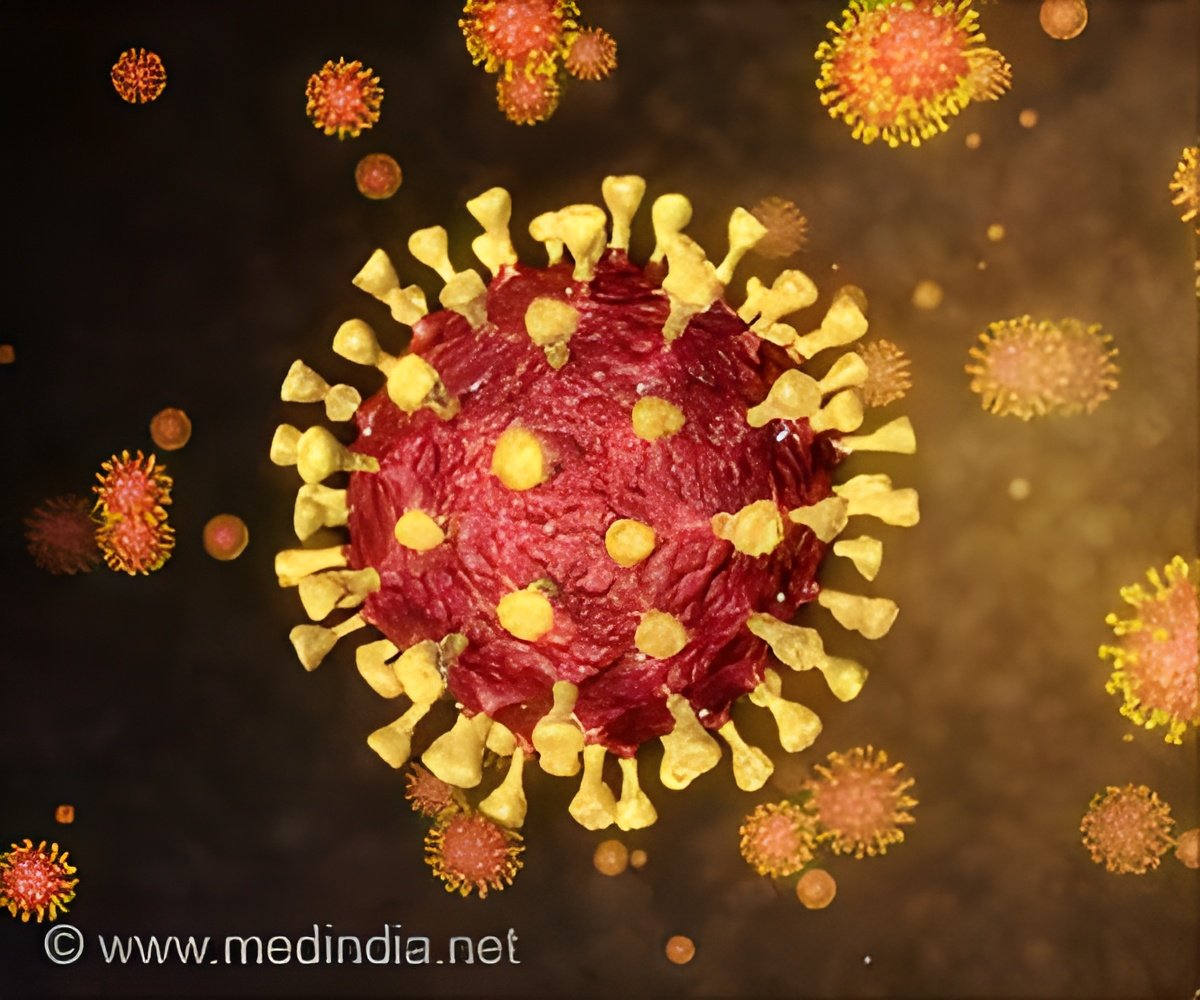To combat COVID-19 virus and its variants, researchers are studying predators with the oldest adaptive immune system: sharks and sharks' antibodies.

‘This superior molecular capacity means that shark VNARs can access pockets of COVID-19 spike protein that are inaccessible to existing human antibodies.’





“The shark antibodies neutralized the proteins in ways we weren’t expecting.” — Surajit Banerjee of Cornell University/NE-CAT.Antibodies Against COVID-19 Virus and its Variants
With exquisite resolution, the advanced photon source's (APSs') extremely bright X-ray beams showed that variable new antigen receptors (VNARs), the smallest unit of a shark antibody, can stop COVID-19 virus and its variants.An antibody, whether human or shark, binds to a virus protein when a part of the molecule called amino acids from the antibody encounters a similar part on the virus protein. In humans, these amino acid components tend to bind to one another only with a flat surface, much like a sticker adhering to a bowling ball. But in sharks, the amino acids of VNARs are tightly bound not only to the flattened parts of the target protein, but also into the deep grooves. This means that shark VNARs can bind tightly and flexibly to the ball's finger holes, not just sticking to the surface of the ball. This superior molecular capacity means that shark VNARs can access pockets of COVID-19 spike protein that are inaccessible to existing human antibodies.
In their study, the researchers tested three shark VNARs against COVID-19 virus. They used the Northeastern Collaborative Access Team (NE-CAT) beamlines 24-ID-C and 24-ID-E at the APS to observe the crystal structures of the samples.
“Structurally, it was surprising that the two VNARs had such different modes of recognition of the virus spike protein,” said Banerjee, a staff scientist at NE-CAT. “The shark antibodies neutralized the proteins in ways we weren’t expecting.”
Functionally, however, shark VNARs have proven to be very stable, similar to the current treatment for COVID-19 disease, and capable of resisting its variants. This could help develop new therapies for COVID-19 variants such as Delta and Omicron.
Advertisement
The small size of VNARs, their regression, and their low cost availability are reasons why researchers believe there is still much to learn from the study of shark adaptive immune systems. It may even be possible to create VNAR "cocktails" to treat COVID-19 infection, either by those who are already infected or who are immediately at high risk for infection. Such treatment does not replace the vaccine, but it can be an effective tool for ill patients.
Advertisement
Source-Medindia






